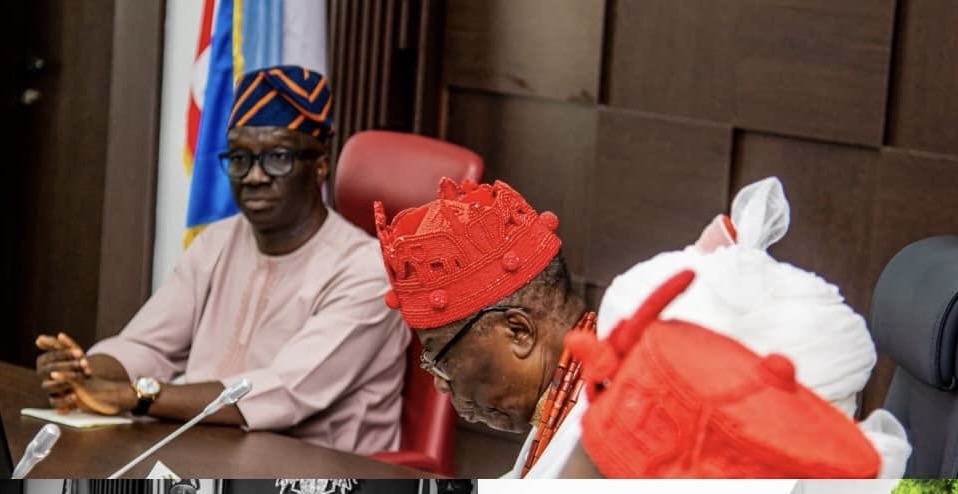Dr Abdullahi Bello Usman, Chairman of the Code of Conduct Bureau (CCB), has urged Nigerians to take an active stance in promoting transparency by consistently demanding accountability from public officials.
Speaking during a capacity-building workshop in Benin City on the Online Assets Declaration System (OADS), Dr Usman, represented by Mr Koyonda Edward, emphasised that when citizens hold leaders to account and public servants lead with integrity, corruption is less likely to flourish.
The workshop, organised by the CCB in partnership with the Centre for Social Justice (CSJ) under the European Union/International IDEA’s Rule of Law and Anti-Corruption (ROLAC) Programme, served as a platform to introduce the newly launched digital system for asset declaration.
Dr Usman described corruption as a major hindrance to Nigeria’s development, eroding public trust, stalling economic progress, and deepening inequality. He stressed that declaring assets is both a legal obligation and a moral imperative.
Highlighting the inefficiencies and susceptibility of manual systems to abuse, Dr Usman called the digital platform a revolutionary step.
He noted that the new system would streamline processes, reduce human interference, and enable real-time monitoring by relevant authorities and stakeholders.
He praised the collaboration with CSJ and ROLAC, stating that sustainable reform requires collective effort beyond government institutions. Embracing digital tools, he said, would protect public resources and help restore citizens’ confidence in governance.
CSJ’s Executive Director, Eze Onyekpere, Esq., explained that the workshop aimed to enhance familiarity with the OADS and encourage its use among public officers.
The initiative focuses on building capacity in federal and state Ministries, Departments, and Agencies (MDAs) across six key states, Anambra, Edo, Lagos, Plateau, and Kano, as well as the Federal Capital Territory.
Onyekpere highlighted constitutional provisions mandating all public officers to declare their assets, stressing that the outdated paper-based system posed logistical and security challenges.
He underscored the importance of equipping officials with both the knowledge and tools necessary to meet their obligations under the new system. Participants received comprehensive training on asset categories and practical demonstrations on navigating the online platform.


